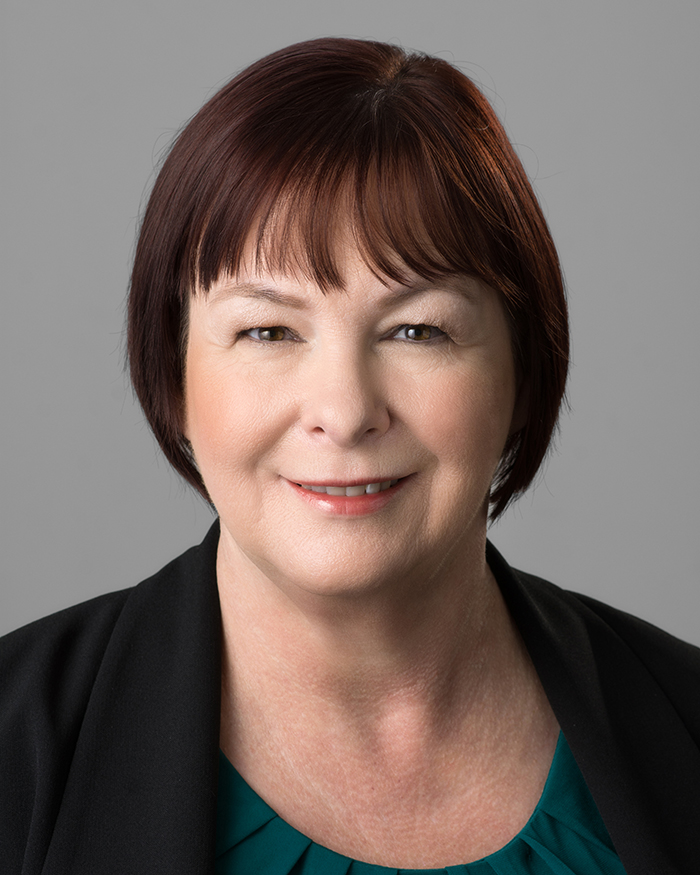
Kimberly Comer, CRPS, NCPS, WRAP, eCPR
Mental Health Coach
Kimberly Comer is a Florida state Certified Recovery Peer Specialist (CRPS) and a National Certified Peer Specialist (NCPS). She is a Copeland Institute Certified Wellness Recovery Action Plan (WRAP) facilitator, a National Empowerment Center Emotional CPR (eCPR) facilitator in addition to being certified to teach and facilitate all of the peer and family signature classes and support groups developed by the National Alliance on Mental Illness (NAMI). Kimberly is the NAMI Florida Peer Leadership Council Representative, the Florida Recovery Advocacy Project state lead, a board member with the Florida Mental Health Advocacy Coalition, and a Mental Health Court Advocate in District 19 of Florida.
Kimberly utilizes a person centered approach, her more than 30 years of lived experience, empathy, active listening skills, and strong communication skills to provide hope while empowering those she works with to identify the challenges which prevent them from building the future they desire.
She brings nonjudgmental acceptance along with a deeply compassionate demeanor in the coaching of her clients through their process of recovery. She strongly believes in individualizing each individual’s unique journey to recovery and works with them to discover their own path. She helps her clients cope with challenging emotions, to face limiting beliefs, and setting appropriate boundaries to protect themselves. She holds her clients accountable for the commitments they make to change and helps them move forward in their lives.
Kimberly's passion is to support others as they identify battling mental health issues to establish balance in their lives, to disconnect them from their inner critic and subconscious, negative beliefs and reconnect them to their inner wisdom. She calls it "the journey to one's wise mind".
She focuses on destigmatizing her client's illness and directs the focus on wellness recovery. Kimberly helps her clients with improved self-care skills through the synergy of coaching and social emotional recovery support groups. The goal is to lead them to a healthier version of themselves and to find inner peace.
